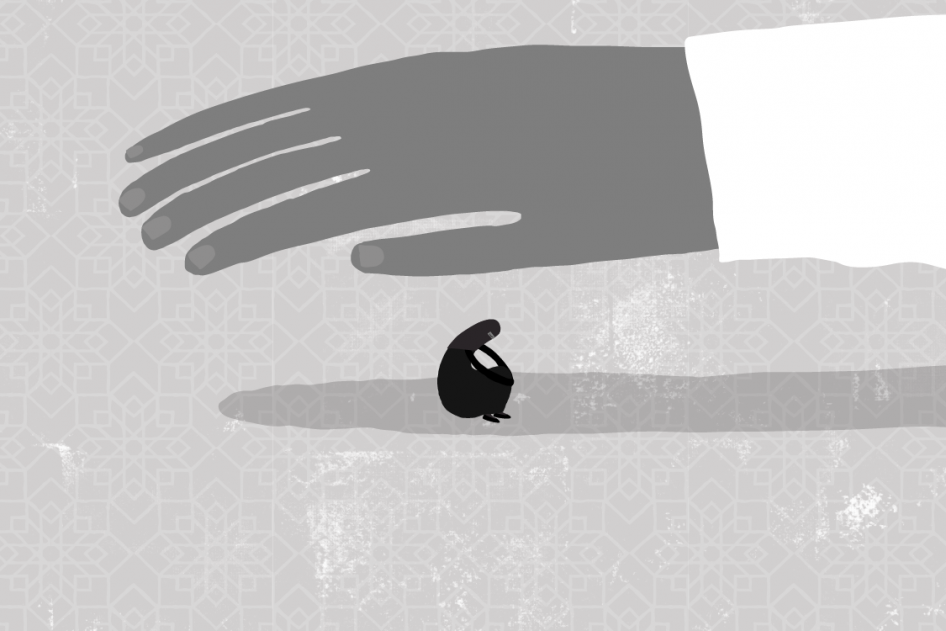Human Rights Watch said on Monday (May 8, 2017) that Saudi Arabia’s election to the UN Commission on the Status of Women, a body “dedicated to the promotion of gender equality and the empowerment of women,” is an affront to the mission of the commission itself and a rebuke to Saudi women.
Adam Coogle, Middle East Researcher at HRW, noted that several days before the vote, Mariam al-Oteibi, 29, fled abusive family members in al-Qassim Province for Riyadh, only to be captured by authorities captured and jailed for having the temerity to dream of making her own life decisions. She currently sits in Buraida Prison back in al-Qassim.
Coogle highlighted that Mariam chafed for years under the oppressive male guardianship system which forbids women from obtaining a passport, marrying, or traveling abroad without the approval of a male guardian, usually a husband, father, brother, or son. Authorities previously arrested Mariam briefly in November 2016, after she attempted to file an abuse claim against her brother, but her family pre-empted her and had her jailed on a counter “disobedience” complaint. Following a brief detention, authorities returned her to her family and the abuse continued.
He pointed out that Mariam isn’t alone. On April 10, Dina Ali Lasloom, 24, attempted to flee to Australia from Kuwait to escape the restrictions imposed by her family, only to be returned to Saudi Arabia while in airport transit in Manila in the Philippines. According to a Saudi official, she is now in a detention center facing indefinite detention or possible forced return to the family she fled.
According to Coogle, Saudi Arabia has made marginal improvements on women’s rights in recent years, primarily in employment and access to higher education, but such changes have been hindered or even nullified because authorities have allowed the male guardianship system to remain largely intact, enabling men to maintain control over female relative’s lives.
He concluded that the Saudi government’s seat on the commission should not stop it from standing with Saudi women seeking to empower themselves. It can start by calling on Saudi Arabia to release Mariam al-Oteibi and Dina Ali Lasloom, and guarantee their right to travel freely, live independently, and make decisions for their own lives, and then urge the government to finally deliver on its promise to take holistic steps to scrap the guardianship system altogether.



 العربية
العربية